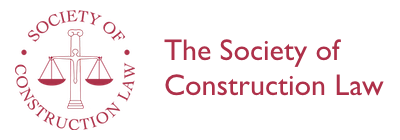To what Extent can the Contract Control its own Interpretative Method?
Omar Jassam
May 2019
The paper is based on a commended entry in the Hudson essay competition 2018
The paper poses the question: to what extent would the courts be willing to concede the pursuit of a reasonable outcome in favour of indications by the contract which suggest otherwise? To examine this the paper begins by looking at the origins of the two competing interpretative approaches before exploring the liberalisation of contract interpretation in England and Wales. The author reviews cases which illustrate a preference for certainty or flexibility to understand the reasons which underpin the courts' decisions and goes on to analyse the effect of contractual provisions, specifically entire agreement clauses, on the courts' interpretative approach.
Introduction - The history of contractual interpretation -The 'rival schools' of interpretation- The liberalisation of contractual interpretation - Assimilation of implied terms with contractual interpretation- Certainty in standard form contracts - Flexible interpretation owing to the nature of the agreement - Drafting for controls in the midst of uncertainty- Entire agreement clauses - Scope - Express terms - Implied terms - Conclusion
The author: Omar Jassam is a senior consultant at Blackrock Expert Services.
Text: 18 pages
